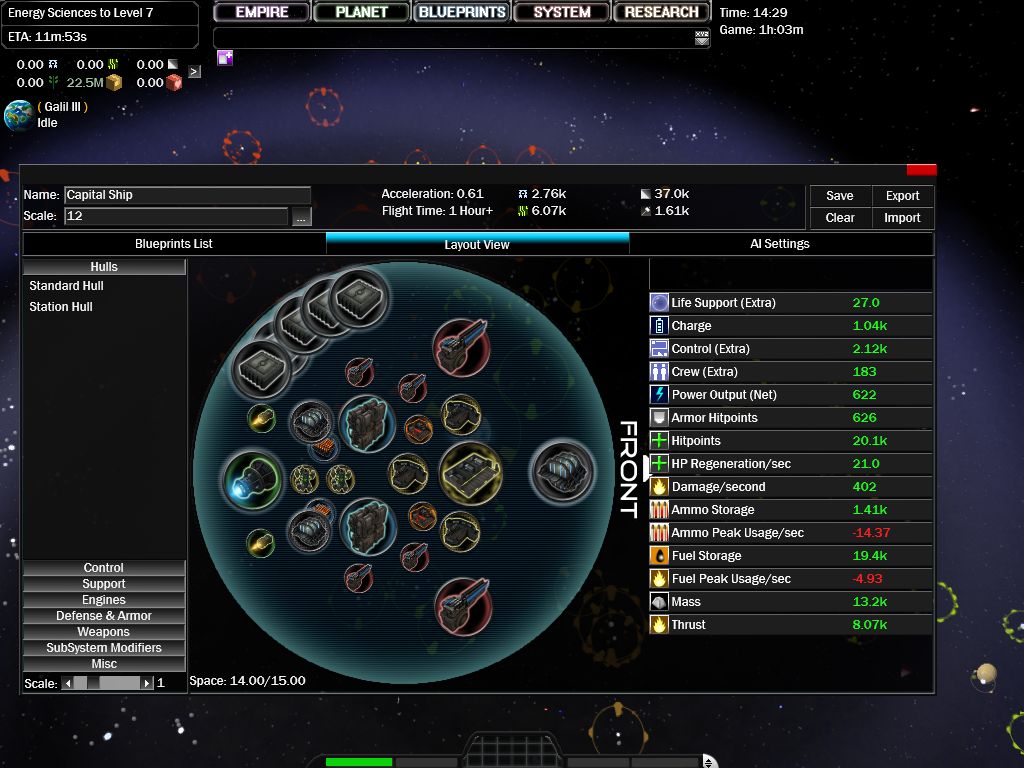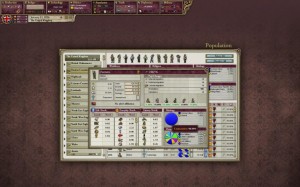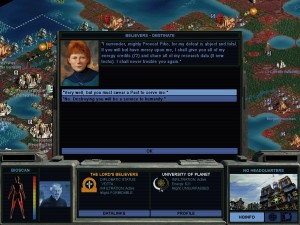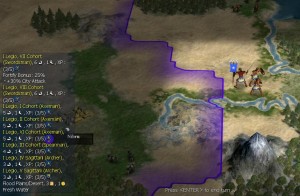In my recent overdose of space 4x fun I’ve been given the chance to compare one of the aspects that isn’t an X, but is very much a standby of the genre and which few space 4xes, at least, seem to do without these days. Even the most indie, one-man-team of them have the ability to design your own ships.
This is awesome, because designing your own stuff is half the fun of these games, and I thought I’d take a minute to look at some different ones to see how they operate and which I like the most.
One of those likely to be better-known, simply because the game itself is a relative success by 4X standards, is GalCiv 2’s ship design. GC2 is a pretty damned solid game all-around, so it may be surprising to hear that I think the Shipyard is the weakest aspect of it. This isn’t because the thing itself is lacking but rather more fundamental design decisions; you have three weapon-armor pairs; Mass Drivers-Armor; Missiles-Point Defense; Beams-Shields; so each armor is strong against its paired weapon but much less so against the others. The problem is that there is little distinction in each thing itself. A gun works pretty much the same as a laser, and though it’s certainly pretty gripping to try and second-guess the AI and figure out what you need to research, and there is certainly a fair amount of needing to trade between weapons, armor, engines, and support structures, I can never help but feel that GC2’s shipyard is very thin in terms of grognardy ship design, though it’s absolutely peerless in visual terms.
Star Ruler, which I’ve not yet spent too much time with unfortunately, has an interesting little system. Visually you seem to be able to change almost nothing at all, but you place all your desired components into a circle and the ship is built based on what you’ve included. One of the interesting things is that there is no upper limit to ship size. You can quite literally build something the size of a galaxy if you have the time and resources. Within that you choose component sizes which automatically scale to your ship’s size, so a size 2 Railgun on a size 12 ship will be the same as a size 1 Railgun on a size 24 ship. It’s a little unwieldy at first, but actually rather intuitive once you get the hang of it, and it definitely gives a sense that you are designing something of your own where your choices have a significant impact.

Somewhat similar to Star Ruler is the ‘list’ system used in games like Space Empires IV and Distant Worlds. You don’t place components on a visual representation of a ship, but simply choose them from a list and they get added to the list of what is currently aboard your ship. This system tends to really let you customize things to a high degree, and you can make some pretty specialized ships with a long long list of components to choose from. But best of all, I think, is the Space Empires V ship design.
Now, in reality SEV is another addition to the “list” model. Your choices, aside from the ship hull itself and little graphical effects from weapons and shielding and such, have no impact in any visual sense. What you choose affects the ships stats and you are basically making a list of components that a given ship is equipped with. However, it’s presented in a very clear manner where almost everything you want to know is obvious, and because it gives a visual representation (however crude) rather than only a list of stuff, it’s a lot easier to get your head around and to make sense of it all. And that, in turn, helps you feel connected to your ships, stations, and so on. It’s taking the best of the list model in extensive customization and adding to it just a dash of the visualization for flavor. Star Ruler does likewise, but I feel SEV does it best.

What other examples can you guys think of when it comes to designing your own units? Has anything ever topped Warzone 2100?











